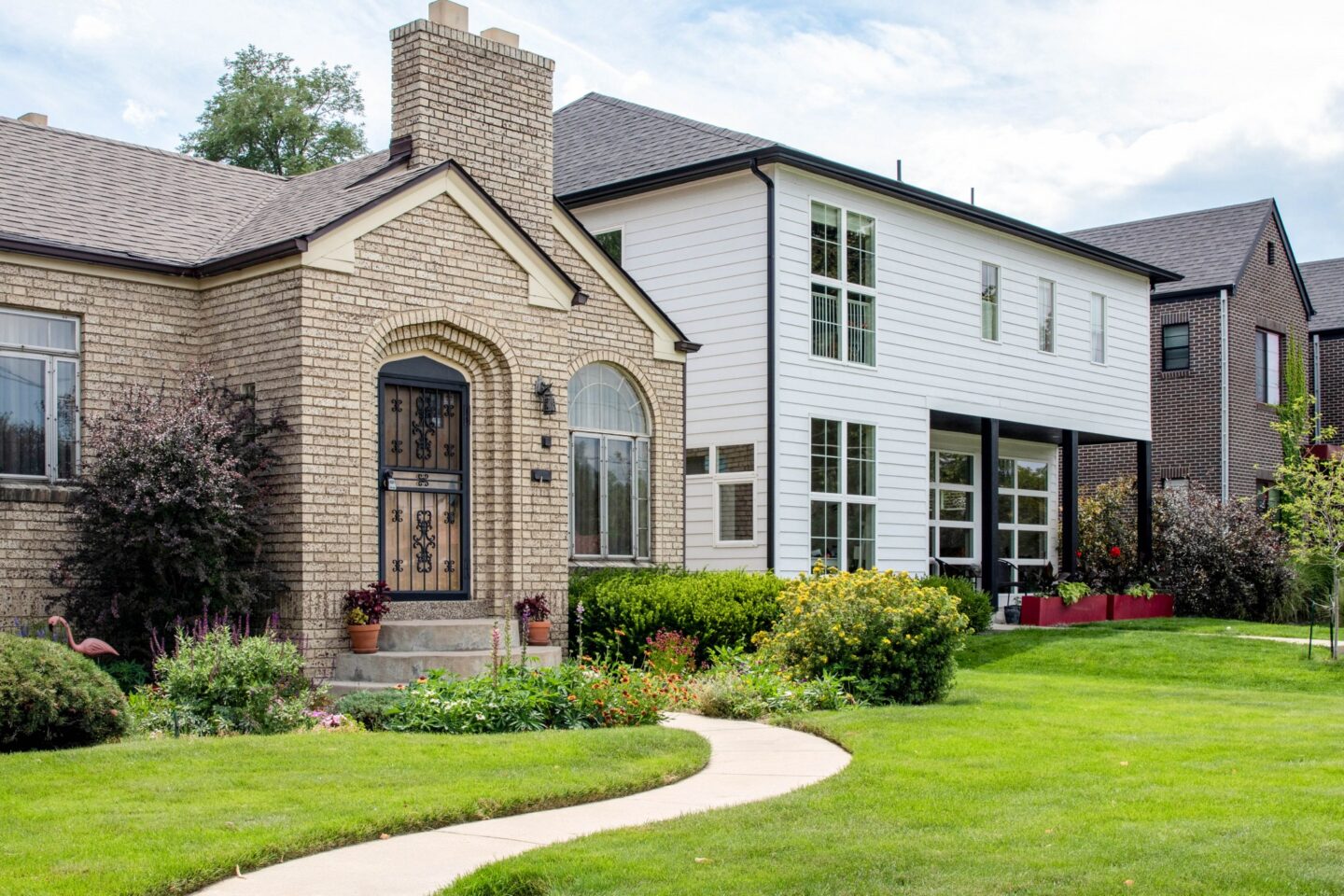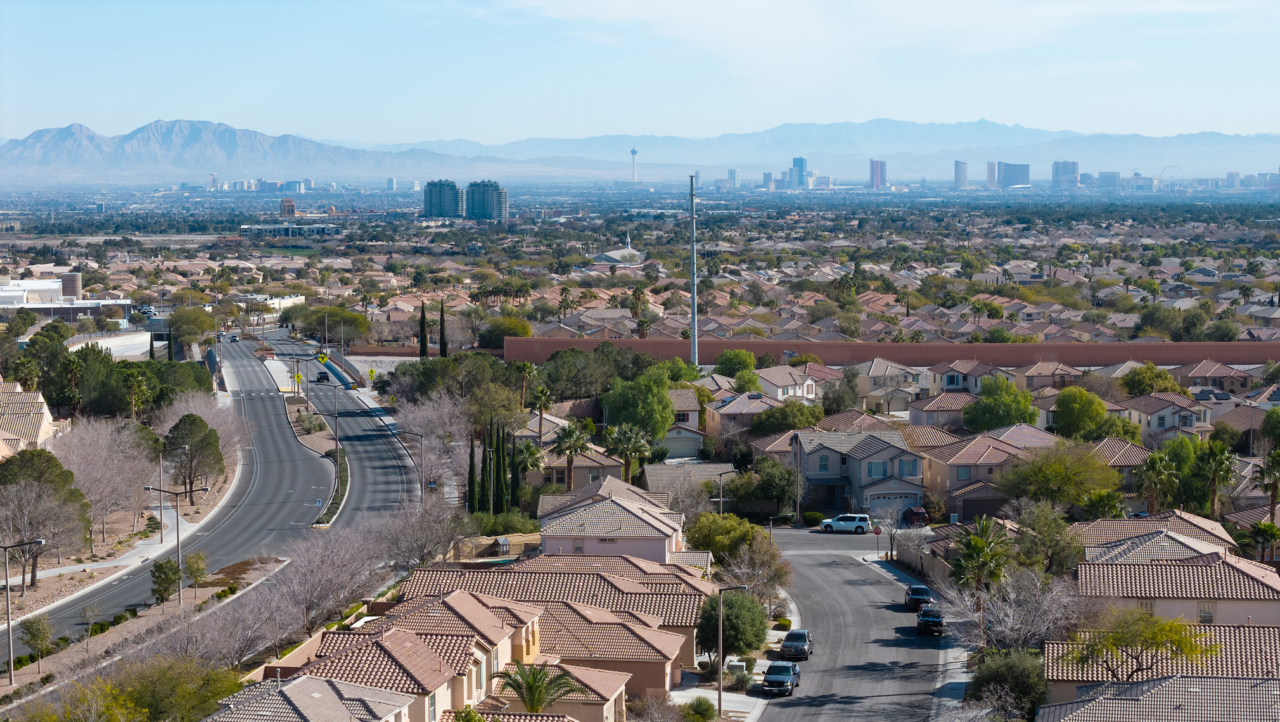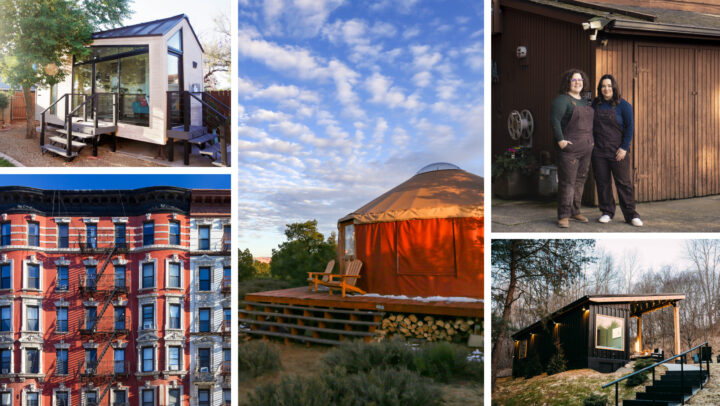2021 Home Sales Are Poised to be the Hottest in Nearly Four Decades
If you're thinking about selling your home this year, read this first.


Written by Susan Kelleher on March 2, 2021
If you’re a homeowner who is planning to sell in the near future, you might be wondering whether this is the year to hand over the keys to a new owner — and with good reason.
The U.S. housing market delivered a lot of surprises in 2020, but few were more stunning than the sustained demand from buyers that pushed home sales to highs not seen since 2006.
By year’s end, 5.64 million existing homes had changed hands — 5.6% more than in 2019. And 811,000 newly built homes also found owners, an increase of almost 20% from 2019. The strong buyer demand fueled big gains in home values, pushing the typical U.S. home value to $266,104 in December, an 8.4% increase that represents $20,587 in new equity over a single year.
Homeowners who sold their homes last year were often rewarded with offers above the list price, shorter selling times and buyer demand that lasted well past the traditional “peak” selling season.
Zillow economists are forecasting an even hotter market in 2021. As of February, Zillow economists predict 6.6 million existing homes will sell this year, the biggest one-year gain (17.2%) in nearly 40 years.
Several things are driving the market, including historically low mortgage interest rates and a surge of young buyers approaching peak home-buying years. This year's inventory of for-sale homes is also at record lows as homeowners mull whether to sell or stay put.
How those pieces fit together presents a complicated picture for homeowners who are thinking about selling. If you’re one of them, read on.
Prospective sellers struggle with general uncertainty
In addition to low rates, what’s unique to this moment is that buyers are out in force and home values are rising — and are expected to do so through 2021. Uncertainty is likely to ease as widespread vaccination against the coronavirus allows more of the economy to reopen.
Those conditions could draw more sellers into the market, which could slow climbing home prices beginning in late spring. A bump in listings also could make it easier to find a home to buy.
Still, a recent Zillow survey found that only 1% of homeowners say they currently have their home listed for sale. They cite a number of reasons for staying on the sidelines — reasons that could inform your decisions around selling.
The potential for better prices in the future
Nearly 40% of homeowners who are considering selling within three years (39%) say they think they’ll get a better price if they wait. They’re not necessarily wrong — although waiting comes with tradeoffs, according to Zillow economist Jeff Tucker.
“Potential sellers are likely correct that home prices have yet to reach their peak,’’ Tucker said, “but in the long run prices tend to rise, so there's no clear 'right time' to sell.”
The catch, he said, is that waiting to sell may raise the cost of trading up to your next home if mortgage interest rates rise.
Low interest rates
Mortgage rates, which have dipped below 3%, can make a trade-up more or less affordable on a monthly basis. If you’re looking to unlock equity and buy another home, the low mortgage rates make it a good time to do so. Rates don’t have much further to fall, but an increase in rates would add to your monthly payment and potentially cut into what you can afford.
On the other hand, the low interest rates are making it more attractive for some would-be sellers to sit tight. The survey found that 15% of homeowners with a mortgage cite a recent refinance as a reason they have not listed their home for sale.
Uncertainty around buying
Nearly a third (31%) of the homeowners thinking of selling within three years cite uncertainty around finding or affording a new home once their home sells.
The problem is a common one: Zillow research shows 63% of sellers also are buyers. So while more sellers would add to the number of homes for sale, it also would add a portion of those sellers to the pool of buyers looking for a new home.
General uncertainty
The survey found that more than a third (34%) of the would-be sellers cite general uncertainty right now; 31% report specific concerns around financial uncertainty, and 27% say they experienced a recent change in employment with a decrease in hours or pay.
Expanding vaccination — and the development of new ones — is likely to enable the economy to continue reopening. Still, economic impacts have varied widely, and some homeowners might not feel confident yet to make a life change.
Homeowners can take steps while they’re deciding
The first thing to remember is that there is no one right answer. Markets differ across the country and every homeowner has their own set of needs, concerns and circumstances.
If you’re not ready to make such a big decision, or prefer to wait, there are still things you can do that will put you in a good position to sell if that’s what you eventually choose. And if you decide not to, you’ll be able to check off some of the projects on your list and enjoy your home through fresh eyes.
A local agent can help you stay competitive on a budget.
They’ll help you get an edge without stretching your finances.
Talk with a local agent


